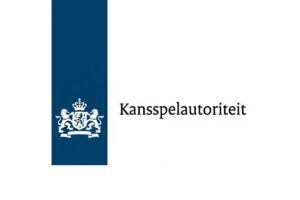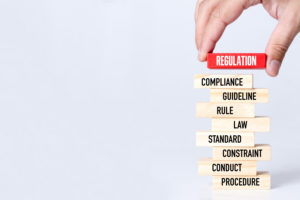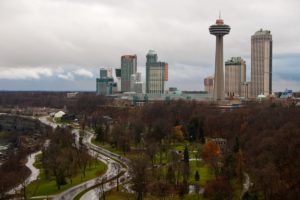Gambling in the Netherlands: industry bodies call for more monitoring of black market

NOGA and VNLOK have cast doubt on the Dutch gambling regulator’s estimated channelisation data.
The Netherlands.- The Dutch online gambling trade associations NOGA and VNLOK have urged the Dutch gambling regulator KSA to step up its monitoring of the black market after the publication of its latest report. They suggest that there has been an increase in consumer spending on the unlicensed market.
While the KSA’s Autumn Report on the Dutch gambling market shows that channelisation remains well above the government’s 80 per cent target, reaching an estimated 95 per cent, the industry groups think the figure may be lower. The trade bodies say that, based on player spending and revenue figures, the channelisation rate is more likely to be around 87 per cent.
The groups also warned that recent research has shown that minors are accessing gambling via illegal providers and that such groups are “in danger of disappearing from statistics when they deserve extra protection”.
The associations have also suggested that the process of involuntary registrations for the Dutch gambling self-exclusion scheme CRUKS should be simplified. They noted that only 77 of 206 proposed involuntary registrations have been approved since CRUKS went online in October of 2021. They also proposed the introduction of talks with players who want to reactivate their gambling accounts.
“A number of players may have registered voluntarily, but that still leaves a relatively large number of rejections. It is important to further investigate why these applications are rejected,” they said.
VNLOK chair Helma Lodders and NOGA acting director Eric Konings said the KSA’s monitoring of the black market was vital to provide more accurate estimates.
In a joint statement, they said: “It is very important to continue to monitor developments in the illegal market, but also to improve the current monitoring. The KSA rightly notes that the size of the illegal market is probably larger than the current figures show, because not all illegal providers can be included in the monitoring. It is crucial to strengthen monitoring in this regard.”











